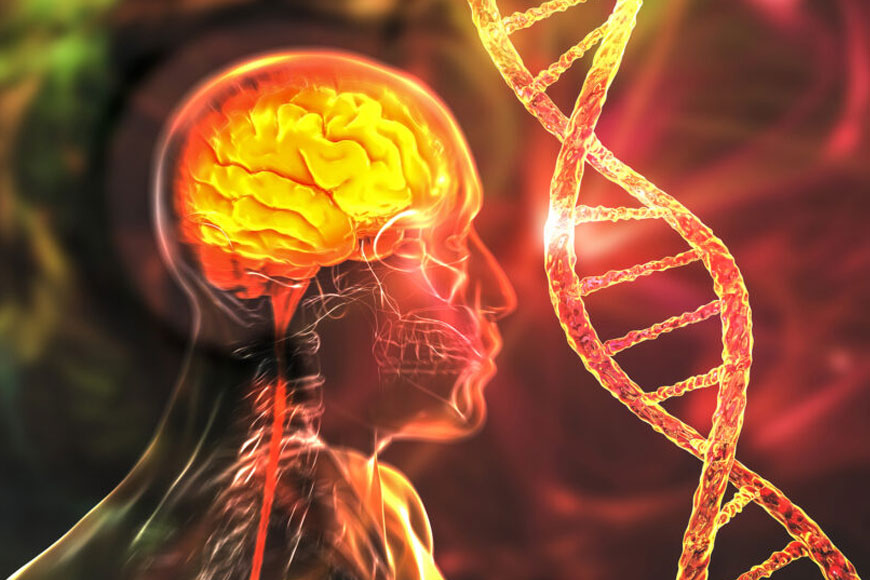The Benefits of Intermittent Fasting in Boosting Brain Health and Healthy Aging
By Dr. Raghda Zaitoun, Neurologist and Marah Odeh, Clinical Dietician at Aviv Clinics Dubai The food we eat acts as the primary source of energy that enables our body to perform its daily functions. Our eating habits and the...

By Dr. Raghda Zaitoun, Neurologist and Marah Odeh, Clinical Dietician at Aviv Clinics Dubai
The food we eat acts as the primary source of energy that enables our body to perform its daily functions. Our eating habits and the type of nutrition we consume have a long-term effect on the health of our brain and internal systems. Recently, the concept of intermittent fasting has been trending as a “diet” to lose weight. But the truth is it is not a diet at all. In fact, it is an eating pattern and a lifestyle that is as old as humanity itself, by which our bodies are designed to fast, and you already do it every day.

From the time you eat your last meal at night, to the time you eat breakfast in the morning, you’re fasting. Intermittent fasting is about gradually pushing out this window until your brain and body start reaping the benefits. So, as long as you meet all your nutritional requirements within your eating window and avoid artificial ingredients or overly processed foods, any meal plan would feasibly work.
As a center dedicated to improving brain health and performance, Aviv Clinics understands the importance of proper nutrition and its direct effect on cognitive and physical function. Intermittent fasting has many benefits to the human body which include reducing insulin resistance while sustaining brain health, promoting neuroplasticity, and minimizing diseases caused by inflammation.
Although conventional advice would have us believe that we need to eat every 2-3 hours to sustain ourselves, our evolutionary history paints a different picture. Our hunting and gathering ancestors didn’t have regular access to food like we do, so their bodies had to develop a way to operate without a consistent source of glucose. That’s where fasting comes in as a survival mechanism.
In the same way that you might clean your home and throw out the things you don’t need, fasting is our body’s way of detoxing itself, a process called autophagy. Fasting for extended periods allows your body to cleanse itself and use up leftover nutrients from the previous day’s meals, which triggers a process called “metabolic switching”. This is when the body switches its energy source from glucose to stored fat.
Metabolic switching slows the aging and disease processes and promotes weight loss in obese individuals. Fasting could potentially prevent breast cancer in both women and men, and studies suggest that it may improve longevity. Intermittent fasting also prevents inflammaging, a process where aging is accelerated in the presence of elevated levels of inflammatory markers in the blood. Science has proven time and time again that aging and age-related diseases such as dementia are linked to chronic inflammation.
Intermittent fasting can be used to help maintain brain health. In addition to slowing the aging process, it increases neuroplasticity in the brain. This helps optimize brain function and increase the brain’s resistance to injury and disease. Intermittent fasting also triggers a process called autophagy, which prevents the onset of neurodegenerative diseases such as works to Alzheimer’s disease and Parkinson’s.
Fasting can also clear brain fog and sharpen the mind. Many people who fast report clearer thinking and improved moods, which can benefit your brain-gut connection and increase your overall happiness.
To summarize, the benefits of fasting are numerous and clear. It can promote longevity, healthy aging, lower your risks for diseases and improve your brain’s overall health. During your window of eating, it’s important to choose healthy food options to continue reaping the benefits that resulted from fasting. Intermittent fasting provides you with the perfect framework that allow your body to heal itself and enables you to plan your meals ahead of time.

 JaneWalter
JaneWalter 





























.jpg&h=630&w=1200&q=100&v=a905e78df5&c=1)


